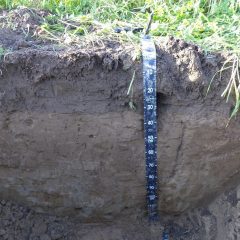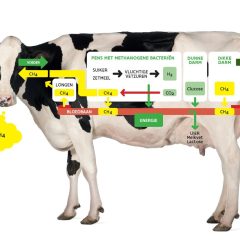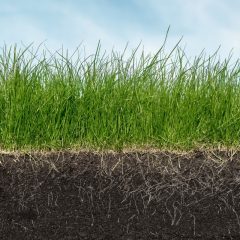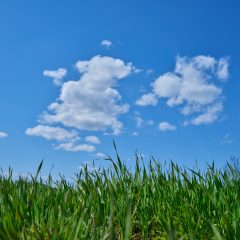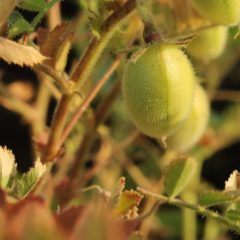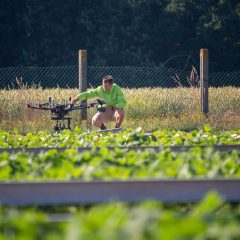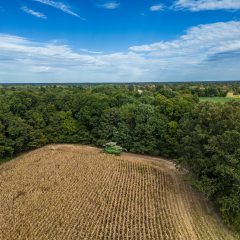Research project Explore the impact of promising management practices on the yield of sorghum under current and future climate in Mali
Explore the impact of promising management practices on the yield of sorghum under current and future climate and facilitate adoption of promising management practices by co-creation with policy makers, researchers, extension officers and farmers in Mali
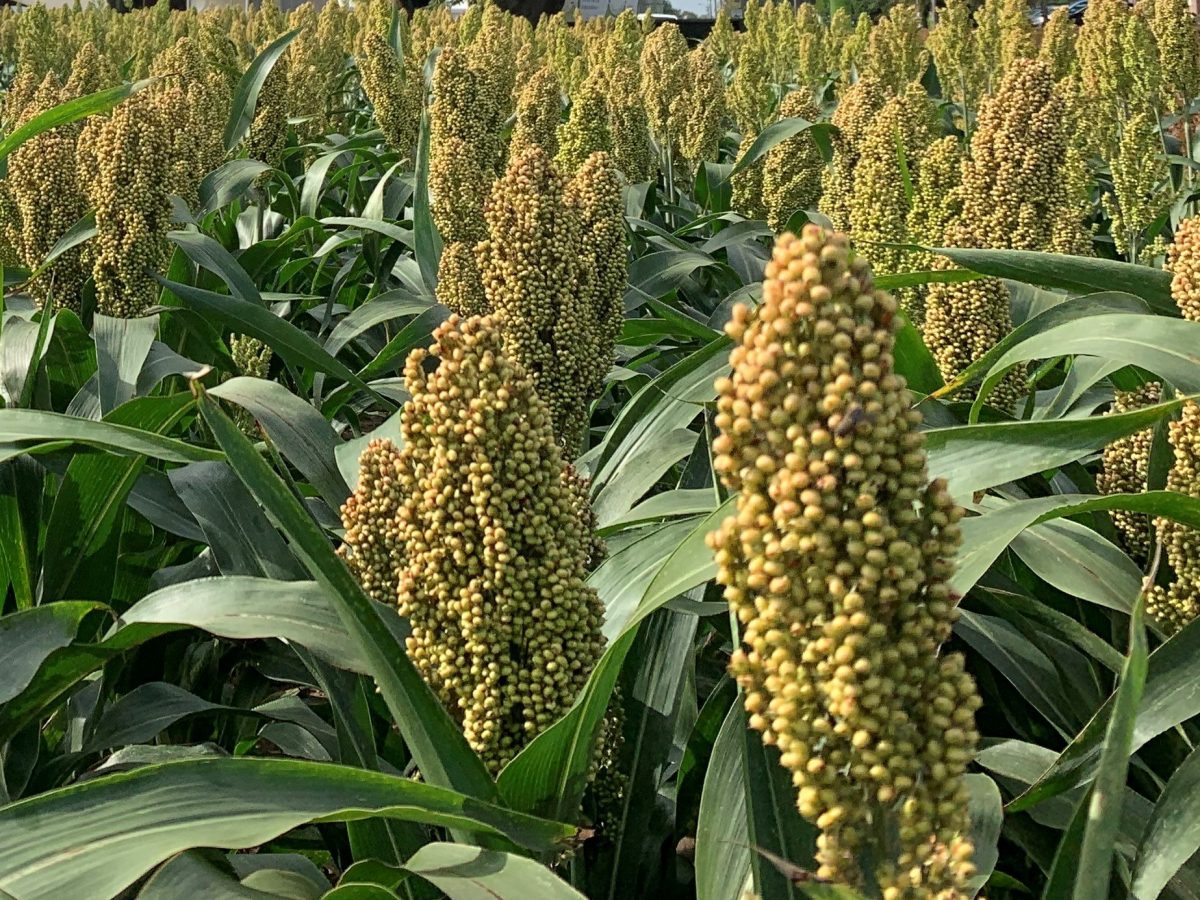
General introduction
Through a unique research collaboration between Flanders and Mali, the best climate-adaptive cultivation method of sorghum in Mali has been developed, based on agricultural modeling and analysis capacity developed in Flanders. The Flanders-Mali research collaboration was the result of a contact between ILVO and a Malian researcher. Her work was funded via the VIB program Open Doors Fellowships where she could work for 3 months at the ILVO plant research team. The Open Doors Fellowship program supports female researchers in the developing world in their commitment to the major challenges in the world.
Research approach
We adapted existing crop yield prediction modeling tools such as AquaCrop to the agricultural production system in Mali and other countries in West Africa. In addition, site-specific indicators of climate impact in Mali in terms of agriculture were mapped using CLIMTAG. We identified promising climate adaptation management practices for sorghum, such as adapted varieties and optimal planting date. Finally, impacts on crop performance and on yield in current and future projected climate were visualized through an interactive online dashboard, and we organized several interactive workshops for local stakeholders to engage with these tools.
Relevance/Valorization
For more than 20 years, agricultural production in Mali has faced increasingly frequent and extreme climatic conditions. Climate variability has a strong impact on crop production and therefore on overall welfare in West Africa, and in Mali in particular. About 80% of local food consumption in Mali is produced by “smallholder agriculture,” which is very dependent on climatic conditions, and mainly precipitation. With the developed tools (AquaCrop, CLIMTAG and the interactive dashboard) and the realized capacity building, local stakeholders can communicate the impact of climate change and work on possible solutions.
Financing
Vlaamse Overheid


